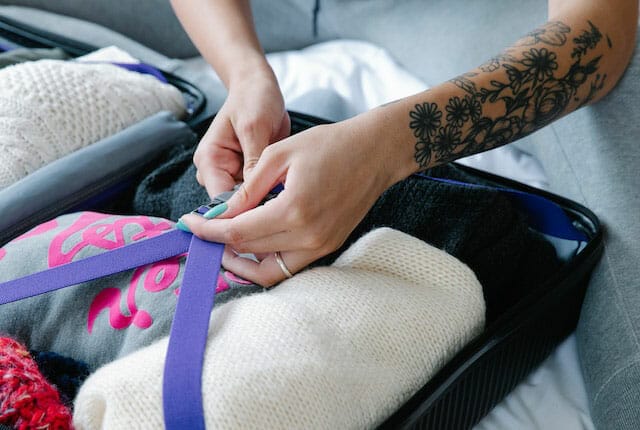I’m planning on leaving
You may have been living with abuse for some time and now feel it’s the right time to leave.
Planning to leave is a big decision that doesn’t come lightly. You may have reached a point where the coping strategies you have been using aren’t enough. Thinking about leaving and then deciding to go is often a long process and you may now feel that the only option left is to leave your partner.
Planning to leave does not mean you have to go through with it immediately, or at all. It can be helpful to think about all the options and how to address and overcome some of the difficulties you may face if you do decide to go.
Planning is really important if you are considering leaving an abusive relationship. Sometimes abusers will increase their violence if they suspect you are planning to leave. This can increase further when you have left, making it a potentially very dangerous time. It is important to remember that ending the relationship will not always mean the abuse will stop. It can often escalate, which is why careful planning around leaving is so important.

Things to consider
Timing
If you are able to, plan to leave when you know your partner is not around. Leave with your children. It can be difficult to secure contact with them if you leave alone.
Think about online safety
Are you under surveillance? Could your phone or other devices be monitored by your partner? Save contacts that might draw suspicion under different names. Consider doing internet searches about support from different devices to your own, such as a library computer or a friend’s mobile.
Inform school(s)
If your children are at school, inform the head and key teaching staff about the situation, explain who will be collecting the children in future.
Set aside money
Try to set a small amount of money to one side each week. Consider opening a separate bank account.
Prepare to go
Collect everything you will need (such as important documents) because once you leave it may not be possible to return. You could store your items in a “go/emergency bag” and leave it with a trusted person. Things to include:
- Identification for you and your children
- Birth certificates
- National insurance number and card
- Passports, visas and work permits
- Money and any bank books, debit and credit cards
- Any cards relating to child benefit or other welfare payments
- Driving licence and car registration documents
- Documents relating to housing (mortgage details, rental or tenure agreements) and key insurances
- Any medication you or your children need
- Copies of keys
- Clothing and toiletries
- Photos, memorabilia, and favourite small toys for your children
- Any documents that relate to the abuse, e.g police reports, court orders, medical records